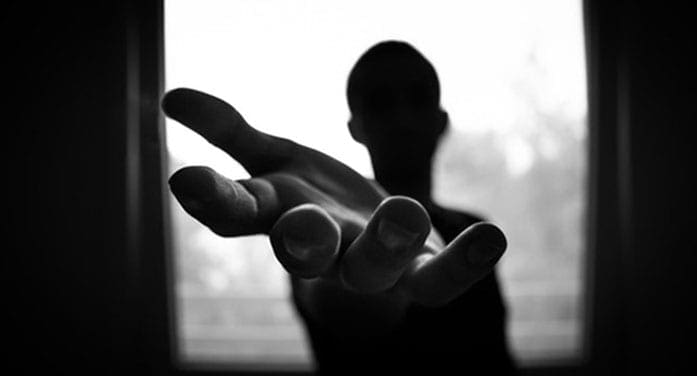 I admit I’m only beginning to understand the concept of forgiveness. But I do know it’s a common thread in the lives of the people who I most deeply admire.
I admit I’m only beginning to understand the concept of forgiveness. But I do know it’s a common thread in the lives of the people who I most deeply admire.
I can imagine Nelson Mandela sitting in his tiny prison cell, fighting an internal battle to keep from losing hope. Somehow he came to the realization that hate was futile, that he had to see supporters of apartheid as struggling humans. He came to realize he could understand them and love them if he chose to, and so he was able to forgive them.
After these ideas permeated his spirit, prison walls could no longer hold him.
Mohandas Gandhi also understood that forgiveness isn’t a sign of weakness, of compromising or being conquered by another. Forgiveness actually releases us from the bondage of cruelty imposed upon us.
Forgiveness allowed the people of India to say to their British colonizers, “We’re not like you, we refuse to embrace hatred and anger, we choose to forgive and thus we’re free of your control.”
Of course, Mandela and Gandhi had their faults, as did their followers. Perfect humans don’t exist, but great humans model ideals that are within the reach of all of us.
After losing most of her family in the Rwandan genocide, Immaculee Ilibagiza met the man who had killed her mother and brother. When this dishevelled man was dragged out of his prison cell and brought before her, all she could say was, “I forgive you.”
What purpose would hatred and vengeance serve her?
They wouldn’t bring back her family, they would only prevent her from fully living her life.
Filmmaker Tyler Perry stated in an interview how difficult it was to forgive his abusive father. When he did, however, his struggling career as an actor and playwright turned a page. It was as if a cloud lifted. He was finally able to live the life he dreamed and reach millions of people with his art.
Forgiveness, however, is very counter-cultural. We have a justice system designed to extract an eye for an eye, a tooth for a tooth. This isn’t to say that a government is not obliged to protect its citizens from unscrupulous corporations and individuals. Laws are necessary, and some people are dangerous and need to be kept away from the rest of society, at least for a time.
But this doesn’t mean they can’t be forgiven.
What Mandela, Gandhi, Ilibagiza and Perry realized is that those who hurt others live in their own bondage of fear and guilt. Supporters of apartheid in South Africa, for example, lived behind fences. They created their own prisons in their efforts to oppress the rest of the population.
We have all been hurt. We often carry resentments and even hatred for others. Ultimately, however, we need to ask if this attitude serves us.
What would our homes be like if we could look upon our family members as the frail humans they are?
What would our workplaces be like if we could see our bosses and co-workers as people with worries and fears?
What would our societies be like if we saw corporatists as individuals living in terror of losing their material wealth?
What would our governments be like if we saw those individuals with different political views as people who may actually have some good ideas?
What if we could look upon ourselves with the same compassion?
Forgiveness isn’t easy but it sets us free, allowing us to live to our true potential.
Great people are great because they model what we can all achieve. Forgiveness is a common denominator among them.
Gerry Chidiac is an award-winning high school teacher specializing in languages, genocide studies and work with at-risk students.
The views, opinions and positions expressed by columnists and contributors are the author’s alone. They do not inherently or expressly reflect the views, opinions and/or positions of our publication.


